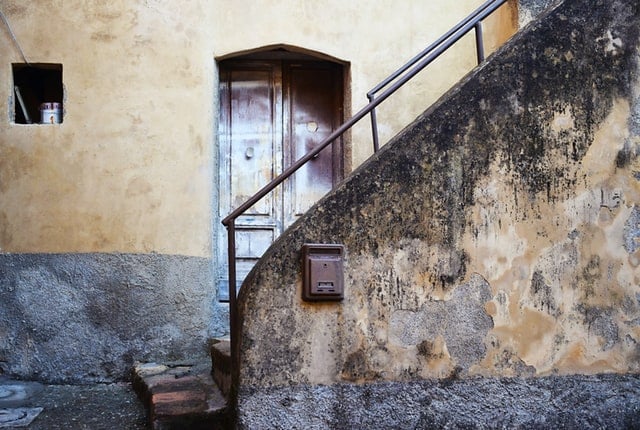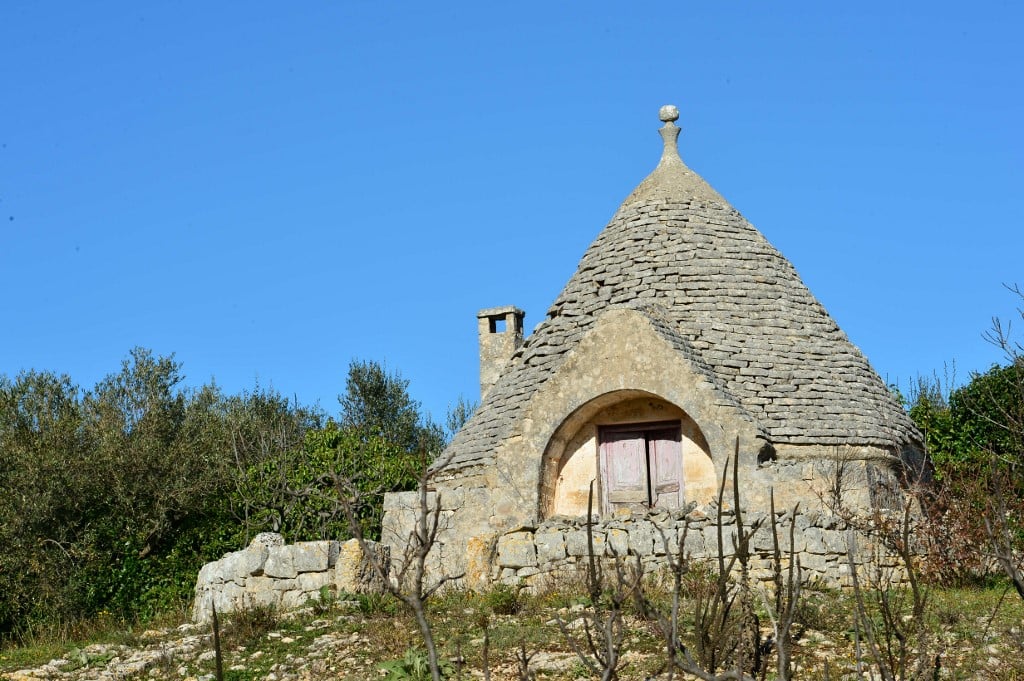The text of the new decree law was published on Tuesday clarifying the details of the ‘first home bonus’ (Bonus prima casa), following an announcement last week by Prime Minister Mario Draghi.
People under 36 years old who want to buy their first home can submit an application to get financial help from 24th June, with the scheme lasting a year.
The scheme aims to eliminate VAT on taxes relating to deeds transfers and the mortgage on the purchase of a home, and help young homebuyers secure a mortgage – the high upfront cost of which is often cited as one of the factors behind the high number of people in Italy still living with their parents well into their 30s (and beyond).
Purchasing a property in Italy involves no small amount of added fees and taxes – in fact, many property experts advise buyers that they’ll need to budget as much as ten percent of the property price for additional charges.

What help is available?
People under 36 – the classification for ‘young people’ in Italy – will benefit from two main types of help:
Firstly, there will be a raft of reductions on the taxes paid when buying a first home.
And secondly, taking out a mortgage is set to be made more straightforward, as the state will put down the deposit for young homebuyers.
EXPLAINED: How you could benefit from Italy’s Covid-19 financial support
That’s been made possible thanks to new funding from the ‘First Home Loan Guarantee Fund’ (Fondo di Garanzia Mutuo Prima Casa).
Firming up plans to help young people buy a home is the latest step following Draghi’s pledge to boost the country’s economy following the coronavirus crisis.
In a press conference earlier in May, he promised financial help would go to businesses, young people and healthcare services.

Who can access the first home bonus and how?
For those hoping to buy their first property in Italy with state help, the bonus will run until 30th June 2022 and people under 36 years old are eligible to apply.
It’s available to those who have an ‘ISEE’ – a social-economic indicator of household income – of up to €40,000.
Young people falling into this category can benefit from certain exemptions on registration, mortgage and land registry tax, saving up to €9,000 on the costs of buying a first home.
If you buy property from a private individual, the bonus cancels out registration, mortgage and cadastral taxes, meaning that only stamp duty, mortgage taxes and special cadastral taxes remain to be paid, amounting to a total of €320.
On the other hand, if you buy a house from a company, you won’t pay registration, mortgage and cadastral taxes and again, you’ll need to pay stamp duty, mortgage and cadastral taxes.
The difference in the second case is that VAT must be paid to the seller, but the buyer accrues a tax credit to spend equal to this VAT for house-buying costs.
In effect, it means if the purchase of the property is subject to VAT, it will be reduced to zero with the first home bonus.
READ ALSO:
- Italy’s building bonus: Can you really claim back the cost of renovating property?
- The real cost of buying a house in Italy as a foreigner
- What will happen to Italy’s property market in 2021?
Further to that, eligible candidates will also be exempt from the VAT on stamp duty, which comes in at around 2% of the cadastral value of the house. That’s if you live in Italy full time – it’s 9% if you don’t.
Claiming tax credits
The tax credit can be used to deduct directly from these house-buying costs, or alternatively, it can be used as tax relief to deduct from the taxes on your personal income (IRPEF).
Notary fees, which are generally fixed for each part of the sale, will be halved. The notary checks that the property is legally registered and their fees can vary from town to town.
If buying a house through an agent, a notary does all the required checks and may be able to take care of the preliminary agreement as part of their service.
How about loans?
Included in the first home bonus is state help with the deposit, after a government decision to extend the First Home Loan Guarantee Fund.
It exists already and covers up to 50% of the total value of the property, but is set to be extended to 80% of the total value, of up to €250,000, without a deposit – and the banks get a state guarantee.
Watch out for the conditions
To access the bonus, it must be your first home and you’ll need to keep in mind that not all properties can benefit from the government help, including stately homes, villas, castles and places of historical or artistic value.
The decree text appears to state that you’ll also need to not reach the age of 36 in the year in which the deed is drawn up. So that means if you’re buying a house this year, you’ll need to be no older than 35 for the whole year. In other words, if you sign the deed for a house this year, you’ll need to turn 36 from next year onwards.
The home must also be located in the municipality in which you work, study or currently live.
And once the benefits have been used, you can’t sell the property for five years – unless you buy another house.
You also can’t access the bonus if you’ve already used it for a first home anywhere in Italy.
As some aspects of the process for claiming the bonus remain unclear, anyone hoping to benefit from the scheme is advised to contact a mortgage expert for further information.




 Please whitelist us to continue reading.
Please whitelist us to continue reading.
Member comments